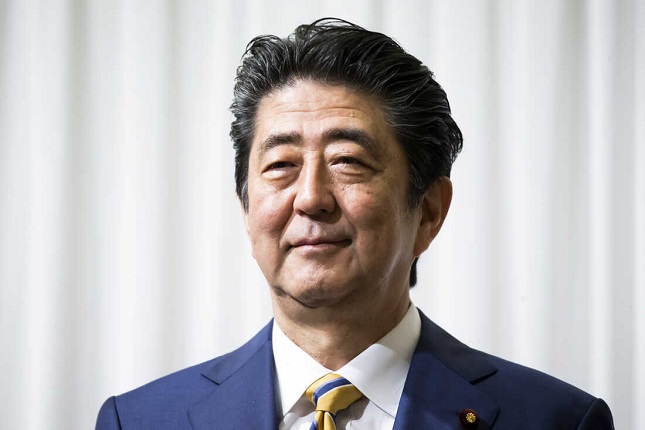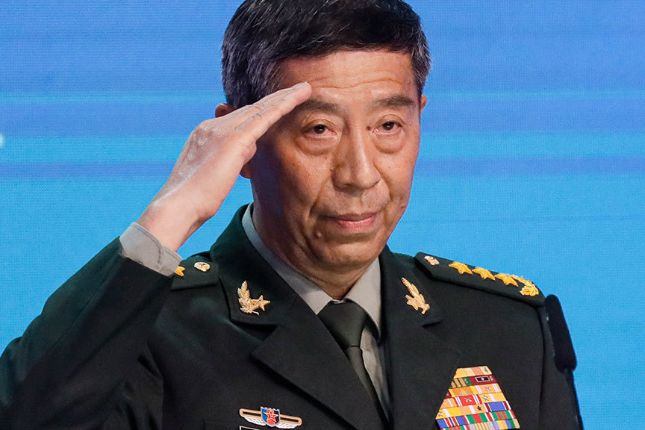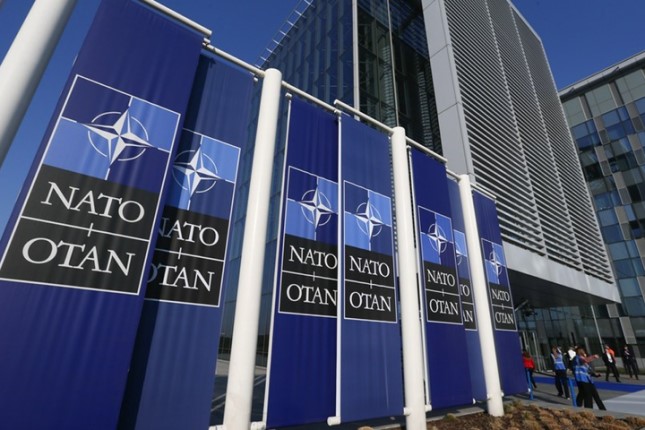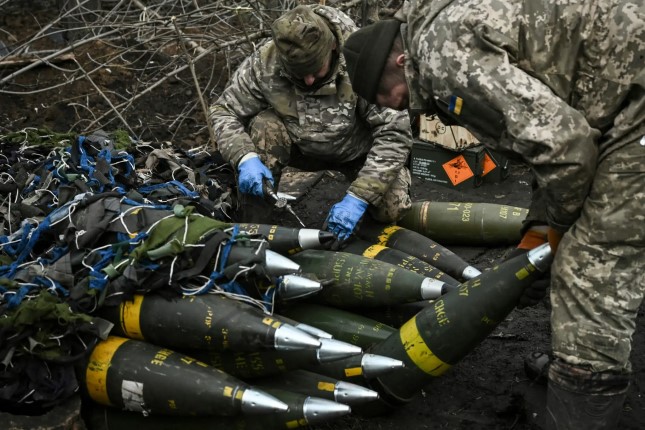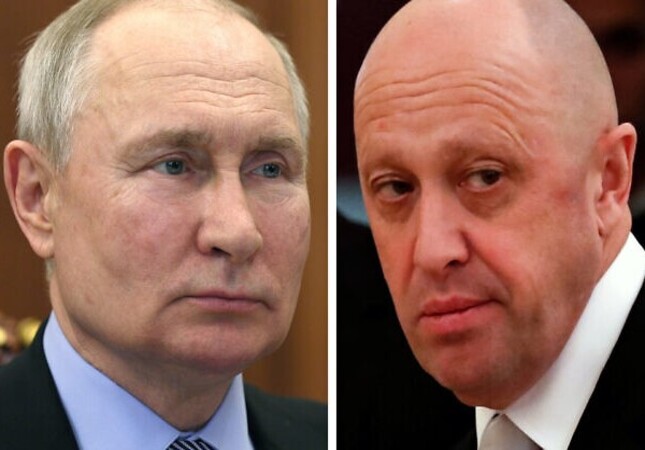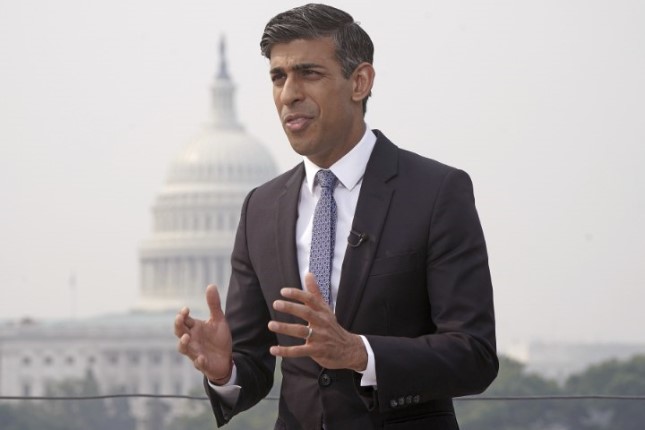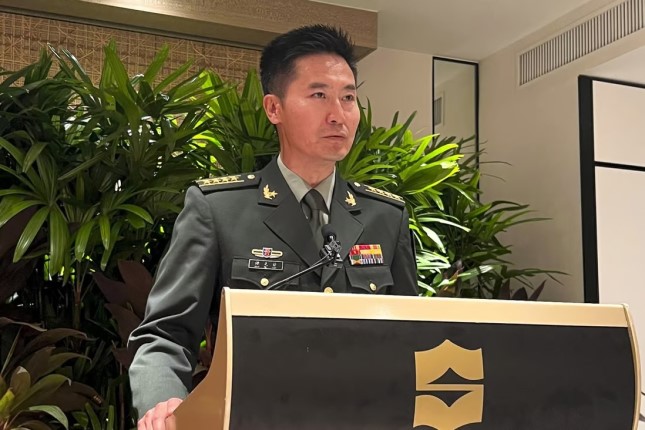Shinzo Abe, Japan’s former Prime Minister, was shot and killed on July 8, 2022. The popular politician was gunned down as he was making a campaign speech before his constituents in his home country. The gunman, Tetsuya Yamagami, believed to be a former member of the Japanese Maritime Self-Defense Force, gave himself up to the authorities without putting up any resistance, claiming that he carried out the crime of his disagreement with Abe's policies. Abe's assassination marks a turning point in Japan's recent history as it is expected to lead to the nation’s abrupt and inescapable slide toward "tightening of the screws", nationalism, and militarization, ultimately resulting in outward military aggression.
The assassination of a popular politician renowned for his great contribution to saving the nation's economy, developing its defence industry and bolstering Japan's Self-Defense Forces (the country's military) represents a landmark event in the country's history. Political assassinations are extremely uncommon in Japan as they are radically out of step with the ethical principles espoused by the Japanese. The cold-blooded shooting in the back by a former military member cannot possibly be a spur-of-the-moment incident. It has got to be a carefully planned and executed crime. All previous high-profile terrorist attacks carried out in Japan, such as those committed by the members of the leftist Japanese Red Army or the sarin attack perpetrated by the Aum Shinrikyo cult, have been notorious for their most thorough level of planning and preparation. Japan’s PM Fumio Kishida was quoted as saying that "the details of what happened are still being pieced together and so it will be important to conduct an in-depth investigation later." "This barbaric attack was committed during an election campaign, and it being a pillar of a democratic system of government, this can never be forgiven", Kishida said.
The crime that horrified the whole of Japan will inevitably result in a crackdown and contribute to fueling the nation’s self-centred nationalism. Much like the brutality with which this cold-blooded assassination was carried out, the Japanese are notorious for being equally merciless to themselves. This includes measures of severe austerity in the face of the crisis and declining living standards, a sense of duty to the people and society at large, waning plurality of opinions to the point where the dissenters can be put in prison, assassinated, or driven underground. Being ruthless to oneself at the societal level means being able to profess a philosophy of stoically enduring the blows of one’s fate, being prepared to contribute to training and strengthening the nation's ground forces and the navy, and exhibiting no fear in the face of adversity or drastic deterioration of living standards. The public will be subjected to the government’s ideological pressure combined with the growing oppression by the private business that, even in the absence of nationalism, will still be forced to help the government carry out its national agenda working all on its own. Considering the nearly complete lack of any corruption within the nation's strategic industries, it is likely that the people will agree to and accept these new terms.
Taken together, all of this is capable of providing fertile ground for accelerating the nation’s militarization. Japan's entire economy, including its defence industry, is dependent on imports of primary resources such as oil, gas, coal, and metals. Faced with the burden of its sanctions against Russia, disruption of global trade chains, market volatility and rising commodity prices, Japan can only handle these genuine challenges by ensuring it can protect its interests militarily by expanding outwards. Previously, Japan’s expansion had been chiefly limited to Australia, where it invested in the latter’s mining industry under an agreement brokered with Australia’s elites, built an artificial island, and strengthened Japan's foothold in South-East Asian countries such as Malaysia, the Philippines, Thailand, and Myanmar, and to South America (via Peru, Chile, etc.) However, establishing the AUKUS by the United States has effectively cut Japan off these two major markets. In addition, the recent dramatic deterioration of Japan's relations with Russia coupled with Moscow's far more assertive line in defending its interests (as an example, in response to Japan’s PM Kishida’s ultimatum regarding Japan’s insistence on buying Russian natural gas at a discount, the Speaker of Russia’s Parliament Vyacheslav Volodin threatened to stop gas deliveries to Japan altogether), could again be leading to greater militarization of Japan forcing the Country of the Rising Sun to start regarding its neighbour in the North East as a military foe and a target for its future expansion.
As a result, what Shinzo Abe’s assassination could do to Japan is roughly what the arson attack on the Reichstag building did to 1930s Germany. The only difference is that thanks to modern technologies and the country's extremely advanced level of development, Japan won’t need nearly as much time to transition from democracy to totalitarianism as Hitler’s Germany did back then.
